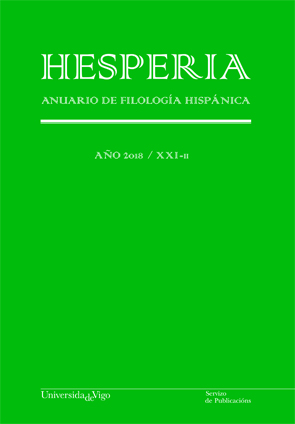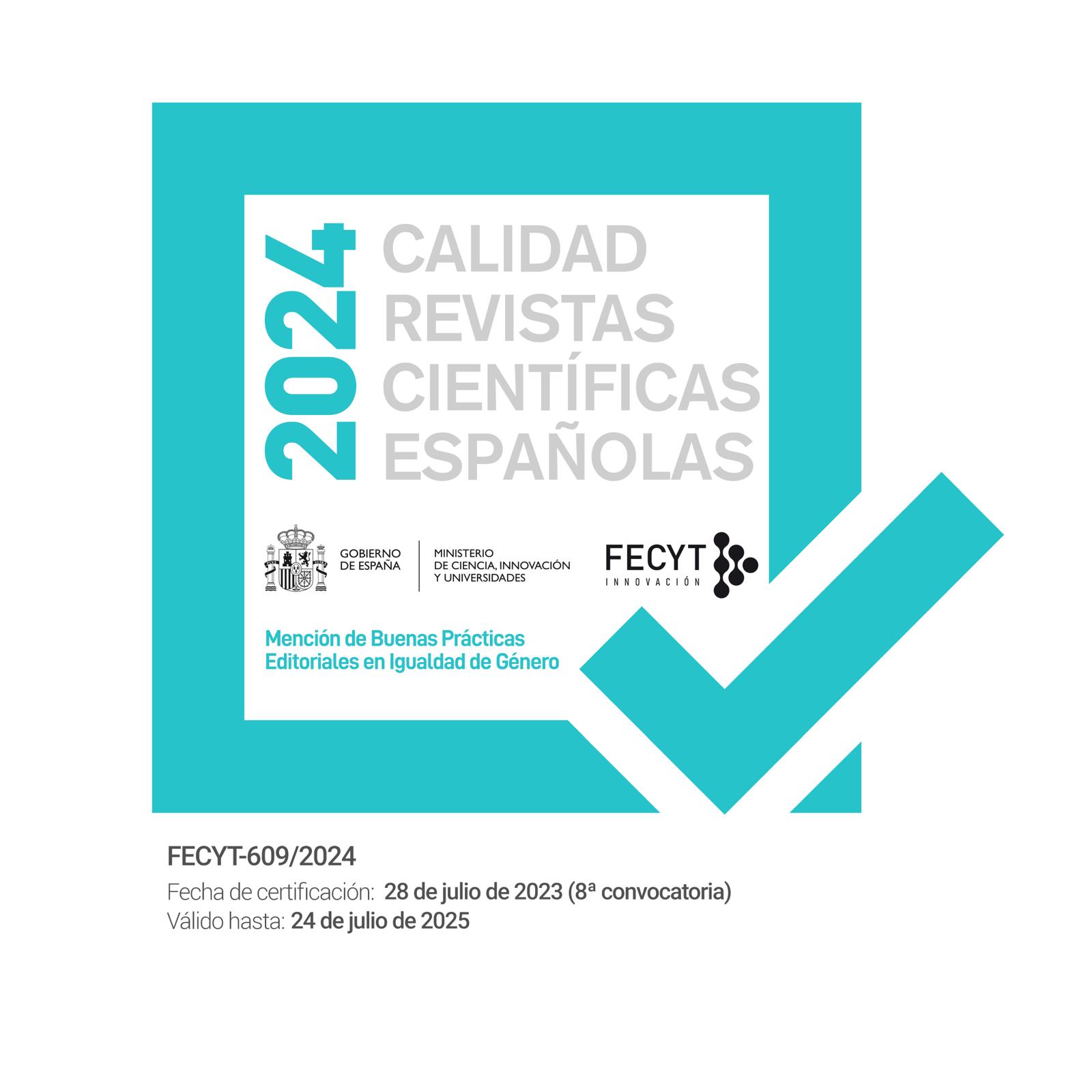Sir Walter Scott, Benito Pérez Galdós and the Quixotic Satire on Erudition
DOI:
https://doi.org/10.35869/hafh.v22i0.1452Abstract
The satire on excessive erudition counts with a long-standing tradition in Western Literature. From its Classical origins, the figure of the ridiculous erudite dunce exhibited a notable presence in the dramatic literature of the seventeenth century, being absorbed by the novel in the eighteenth, where it merges with the figure of the Quixote. The present article tries to relate the figures of Jonathan Oldbuck of Sir Walter Scott’s The Antiquary (1816) and José Augusto Becerro, of Benito Pérez Galdos’ El caballero encantado (1909) with this literary archetype, revealing the profound influence of the eighteenth-century Cervantean tradition in the work of both authors, who employ the Quixotic erudite dunce in similar ways in order to satirize an outdated approach towards the study of history and its narrative embodiment.















